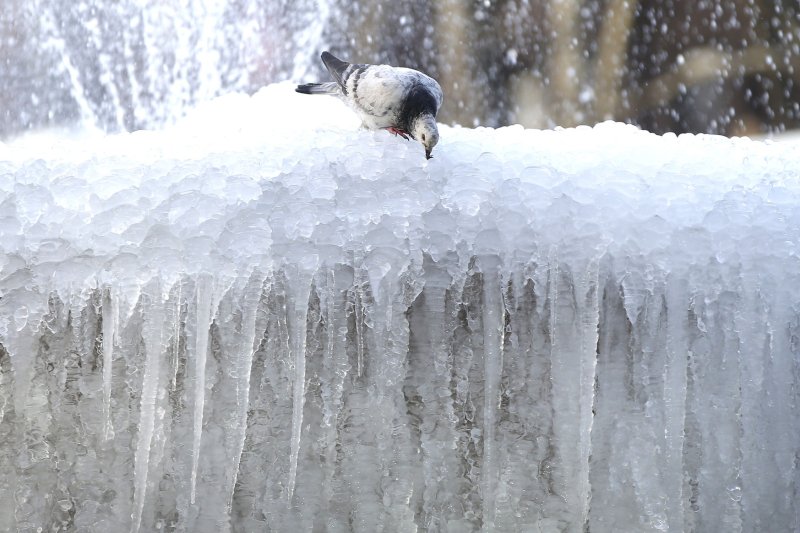A freeze in crude oil production it not "critical" for Russia, country's energy minister said. His counterparts are reviewing extraordinary action to stimulate crude oil prices during meetings this week in Algeria. Photo by John Angelillo/UPI |
License Photo
ALGIERS, Algeria, Sept. 26 (UPI) -- It's not essential to use artificial action on the energy market to correct the imbalance between supply and demand, Russia's energy minister said from Algeria.
Russian Energy Minister Alexander Novak arrived in Algeria to attend an international energy conference where members of the Organization of Petroleum Exporting Countries and non-members may consider either cutting production levels or holding them steady to stimulate crude oil prices.
The price for Brent crude oil, the global benchmark, is 2.3 percent less than this time last year and 51 percent lower than late September 2014 levels. Though recovering, the lower price of oil has pushed the Russian economy into recession.
Novak last week said ministers could consider an option to keep production rates steady for the next three to six months, but there are no offers on the table to actually cut production. Artificial action could narrow the gap between supply and demand at a time when the global economy is showing only lackluster signs of growth.
In comments published by Russian news agency Tass before leaving for Algiers, Novak said it wasn't essential to push for extraordinary measures as the market would take care of itself.
"It is not critical for us," he said. "I think already in the second half of the year we will see a restored balance of demand and supply."
Venezuelan Oil Minister Eulogio Del Pino told the state oil company known as PDVSA that global crude oil production would need to drop by about 10 percent, or 9 million barrels per day, in order to keep up with current demand.
Novak this year said this era's price for crude oil of around $50 was normal. In a Sept. 5 statement with his Saudi counterpart, the minister said that the onus was on them, as two countries that combine to meet about 20 percent of the global demand for crude oil, to coordinate on ways to address widespread volatility in oil prices.
Speaking during the weekend, Algerian Energy Minister Noureddine Boutarfa, meanwhile, said he was hedging his bets on the outcome of meetings with his counterparts.
"If we come to an agreement, it's good, if we come up with elements of an agreement, it is also good," he was quoted in state media as saying.
Similar efforts at a so-called freeze collapsed earlier this year along multilateral lines. While struggling members of the Organization of Petroleum Exporting Countries support any action that would drive prices higher, others like Iran are wary of cutting output as producers struggle to protect their market share.















